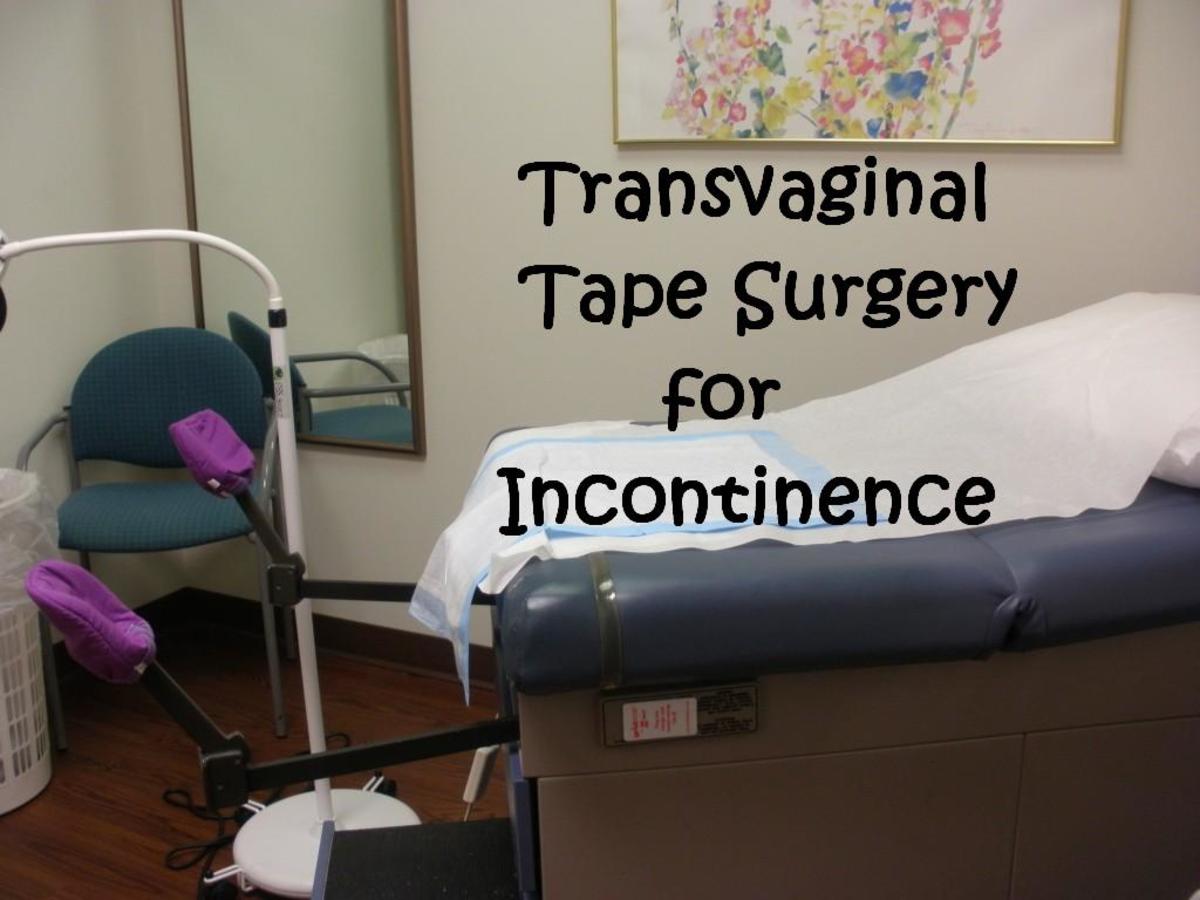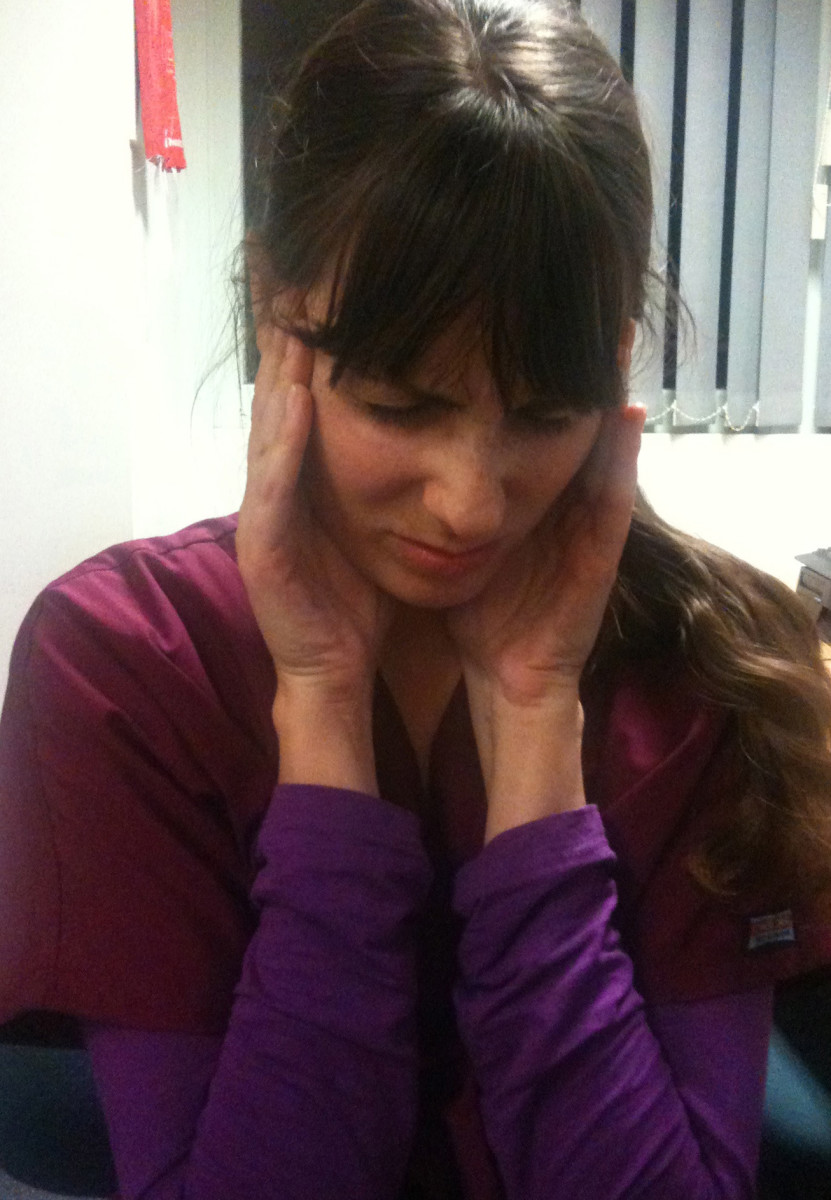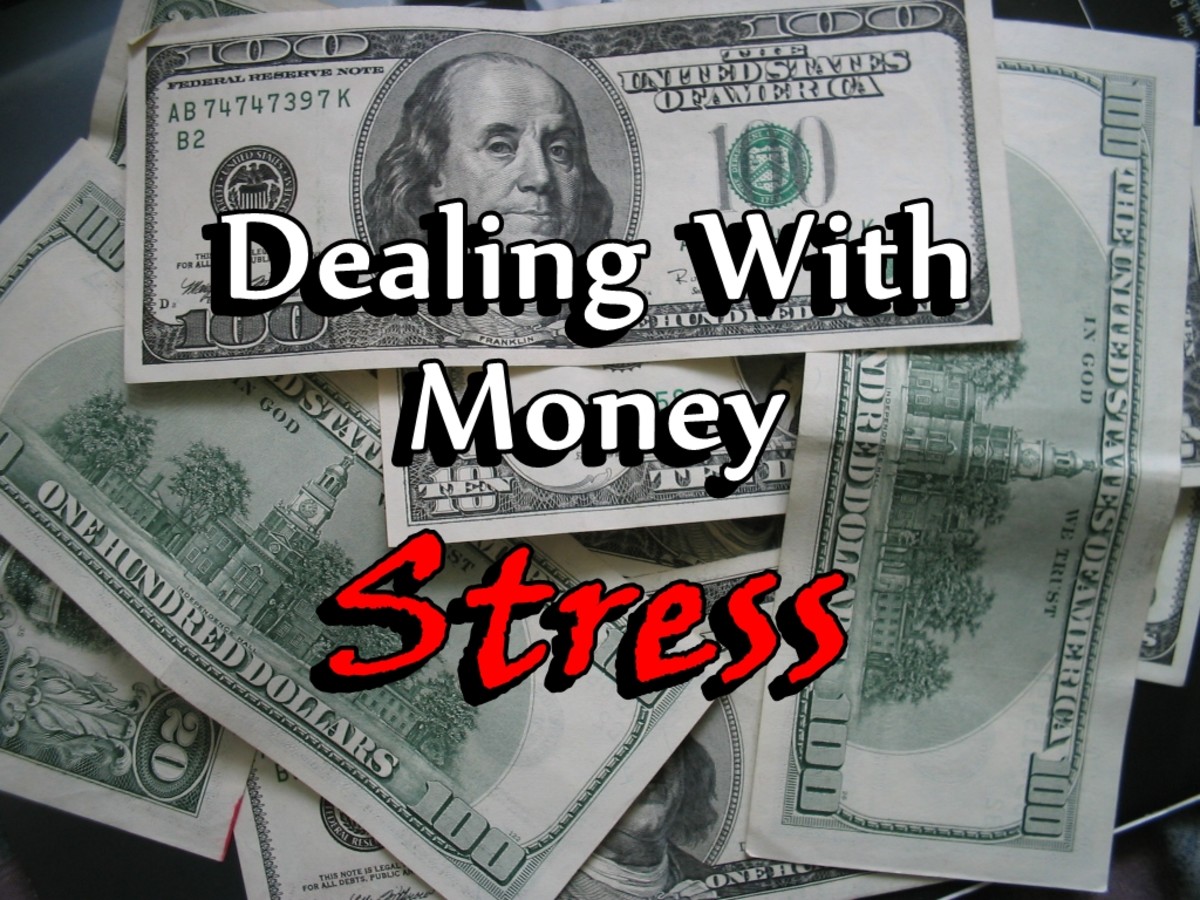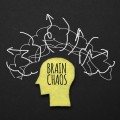What is Biofeedback and How does it Relate to Stress?
Biofeedback Gives You Control of Your Stress Reactions

What Is Biofeedback?
Biofeedback is a method of complementary medicine whose origins date back as far as the 1940s, when research participants were trained to gain control over certain bodily functions such as heart rate and blood pressure -- functions normally controlled by the autonomic nervous system.
The term itself, "biofeedback," was given to the technique in 1969.
A forerunner of this important finding and training techniques was that of progressive muscle relaxation in the 1930s and earlier still, autogenic training, where verbal instructions were given to enhance a relaxed state in research participants.
The techniques of biofeedback allow you to learn to control certain automatic functions of your body, from skin temperature to muscle tension to blood pressure through control of your thoughts. "Feedback" is obtained through electrical sensors attached to your body that register certain conditions in your body, or bio, allowing you to focus on those specific conditions.
You will learn through the techniques of the method how to control those specific conditions -- conditions that signal distress or un-health somewhere in your body -- and in turn, the control of those conditions can help to alleviate your entire body's distress or un-health as it relates to stress, migraine headaches, tension headaches, urinary incontinence, chronic pain, high blood pressure and more.
What is Biofeedback and Neurofeedback?
How to Use Biofeedback for Stress
How Does Biofeedback Work?
Even though the benefits of biofeedback are real for those people whose conditions it alleviates, scientific researchers are unable to explain exactly how or why the techniques work. This may be a little disconcerting to know, but medical science has only begun to scratch the surface in understanding the intricacies of the human mind.
If you're not put off by not being able to understand the exact mechanisms by which biofeedback is successful, you might be willing to give the method a try for relieving your anxiety, tension and more related to the stress you feel. It is interesting to note that the one common denominator in conditions that are helped by biofeedback is stress.
The four different types of biofeedback each measure one factor involved in the underlying physical or mental issue: muscle tension, brain waves, heart rate or skin temperature are each usually automatically controlled through the nervous system in response to perceived threats, or stresses, on the body or mind. By learning to control these automatic reactions, first through biofeedback with electrical sensors, and later through thought patterns learned in biofeedback, you'll gain control over your body's negative reactions to stress that you can do anywhere.
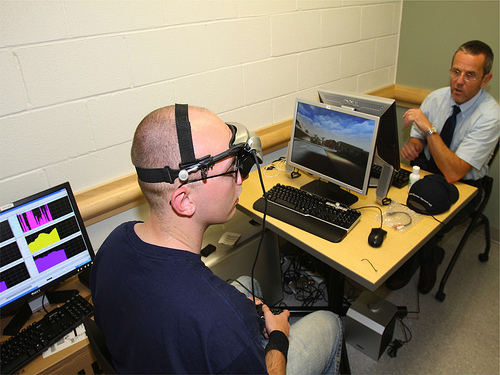
What Can You Expect at a Biofeedback Session?
Typically, biofeedback is provided by biofeedback therapists or mental health professionals with training in biofeedback methods.
The therapist will attach electrical sensors to different parts of your body, depending on the type of biofeedback being used -- neurofeedback to measure brain waves, electromyography to measure muscle tension, heart beat variability or thermal to measure skin temperature.
The information provided via the electrical sensors is received by a monitor that then provides feedback to the patient via audio signals or visual signals on the monitor. The therapist will provide mental exercises, during which, through trial and error, you'll begin to learn how to control the measured responses.
The type of biofeedback used isn't as important as the patient's therapist-guided efforts to gain mental control over skin temperature, brain waves or muscle tension.
Sessions typically last 30 minutes to 60 minutes. The number of sessions needed to reach the goal of control over symptoms depends on how quickly you are able to master establishing that control. Eight to ten sessions may be all that are needed to gain control of conditions such as urinary incontinence or headaches. The University of Maryland Medical Center advises that other conditions such as hypertension usually require at least 20 sessions before improvement is noted.
Follow-up sessions may be needed as health improves and you'll likely be taught relaxation techniques you can use at home for 5 to 10 minutes each day.
Why Choose Biofeedback to Control Stress?
Biofeedback is a non-invasive therapy method that has no known side effects or negative after effects. Once you have learned to control your body and mind's negative reactions to stress, you can use them as often as needed. The daily relaxation techniques and mental exercises you'll learn to do will help to keep you focused on your control and recovery.
Even if you use other methods to help reduce your stress such as medications or other mind-body therapies, no one can take away from you your learned ability to control your stress through the techniques learned through biofeedback.
People who have seizure disorders need to consult their health care provider before using biofeedback and should disclose to the biofeedback therapist that a seizure disorder exists before the first treatment.
Check with your insurance provider to ensure coverage of biofeedback therapy. Although health insurance carriers are covering more complementary medicine therapies now than in the past, biofeedback sessions may not be covered or may require a referral from your primary health care provider.
Stress Control Through Biofeedback Games
Resources and References
- Biofeedback
- Biofeedback: Using your mind to improve your health - MayoClinic.com
Biofeedback is a technique you can learn to control your body's responses, such as your heart rate. It can be helpful for a variety of health problems. - The history of biofeedback
Biofeedback is a training technique which trains people to improve their health and performance by using cues or signals from their own bodies. A scientifically based system, it is validated... - Biofeedback - Dr. Weil's Wellness Therapies
- ASAP offers relief from stress, anxiety | Article | The United States Army
The Fort Jackson Army Substance Abuse Program, which traditionally addresses issues of alcohol and drug abuse, will expand its programs by offering a six-week stress and anxiety reduction class, scheduled to begin Wednesday.
This hub is informational in nature and not intended as a substitute for medical advice from a trained health care provider. Always consult your primary health care provider before beginning any new treatment or therapy.


